lifepo4 battery pack factory
The Role of Lithium-Iron-Phosphate (LiFePO4) Battery Pack Factories in the Future of Renewable Energy Storage

As the world transitions toward sustainable energy solutions, the demand for reliable and efficient energy storage systems has never been higher. Lithium-ion batteries, particularly those utilizing lithium-iron-phosphate (LiFePO4) chemistry, have emerged as a cornerstone in the renewable energy landscape. In this article, we will explore the significance of LiFePO4 battery pack factories, their role in the global energy transition, and how they contribute to the development of integrated storage solutions.
The Rise of Renewable Energy and the Need for Energy Storage
The global energy sector is undergoing a profound transformation. Driven by the urgency to mitigate climate change and reduce reliance on fossil fuels, renewable energy sources such as solar and wind power are gaining prominence. However, the intermittent nature of these energy sources presents a challenge: energy storage. To ensure a stable and continuous power supply, advanced battery technologies are essential.
According to the International Energy Agency (IEA), global solar Photovoltaic (PV) capacity is expected to grow by over 800 GW between 2022 and 2030, marking a significant increase. This growth underscores the importance of energy storage systems to manage surplus energy and ensure grid stability. Lithium-ion batteries, especially LiFePO4 variants, are at the forefront of this technological advancement. They provide high energy density, long cycle life, and safety, making them ideal for both residential and industrial energy storage applications.
The Role of LiFePO4 Battery Pack Factories
LiFePO4 battery pack factories play a pivotal role in the mass production of these advanced battery solutions. These facilities are specialized in the manufacturing of LiFePO4 cells and modules, which are then assembled into battery packs tailored for specific applications. The rise of such factories is a testament to the growing demand for sustainable energy storage solutions.
One of the key advantages of LiFePO4 batteries lies in their chemical composition. Unlike other lithium-ion chemistries, LiFePO4 offers a higher thermal stability and a lower risk of combustion, making it a safer option for large-scale energy storage. Additionally, these batteries have a longer cycle life, with ratings exceeding 5,000 cycles under typical operating conditions. This makes them an economically viable choice for applications requiring long-term reliability.
Addressing Supply Chain Challenges
The rapid expansion of the renewable energy sector has put significant pressure on the supply chain for battery materials. Key components such as lithium, cobalt, and nickel are critical to the production of lithium-ion batteries. However, the increasing demand for these materials has raised concerns about their availability and ethical sourcing.
LiFePO4 battery pack factories, however, benefit from a unique advantage. The LiFePO4 chemistry requires less cobalt compared to traditional lithium-ion batteries, reducing reliance on this controversial material. This not only helps mitigate supply chain risks but also aligns with the growing demand for ethically sourced and conflict-free materials in the battery industry.
The Integration of LiFePO4 Batteries into Home Energy Systems
As more homeowners adopt solar PV systems, the need for energy storage solutions that complement these systems has grown exponentially. LiFePO4 batteries are increasingly being integrated into Home Energy Hubs, enabling households to store excess solar energy and use it during times of low or no solar generation.
For instance, BasenPower offers a range of LiFePO4-based integrated storage solutions designed to optimize energy usage. Their systems are engineered to work seamlessly with solar panels, ensuring maximum efficiency and reliability. According to a case study by BasenPower, one of their residential customers achieved a 50% reduction in electricity bills by combining solar PV with a LiFePO4 battery storage system.
The Road Ahead: Innovations and Future Developments
The future of renewable energy storage is poised for further innovation. Advances in battery technology, coupled with the increasing efficiency of solar and wind energy systems, will continue to drive the adoption of lithium-ion and LiFePO4 batteries. Industry players like BasenPower are at the forefront of these developments, committed to delivering cutting-edge solutions that meet the evolving needs of the market.
The role of LiFePO4 battery pack factories in the renewable energy sector cannot be overstated. These facilities are instrumental in the production of high-quality batteries that support the global transition to sustainable energy. As the demand for efficient and reliable lithium-ion battery solutions continues to grow, the expertise and innovation of manufacturers like BasenPower will play a crucial role in shaping the future of energy storage.
For those seeking to adopt renewable energy solutions, BasenPower provides a comprehensive range of lithium-ion battery solutions, including integrated storage systems tailored to meet specific energy needs. To learn more about their offerings and how they can benefit your energy storage requirements, visit BasenPower.com.

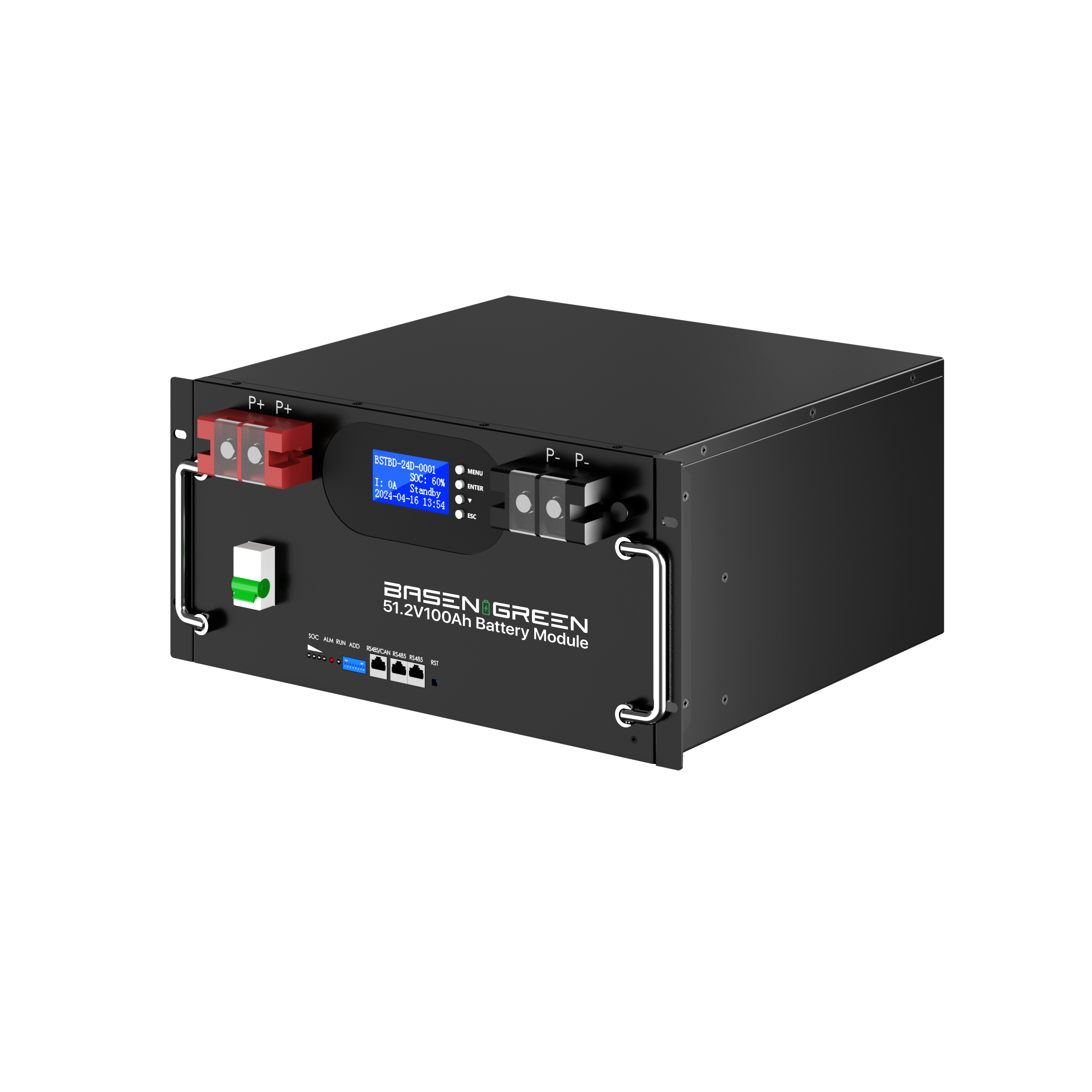


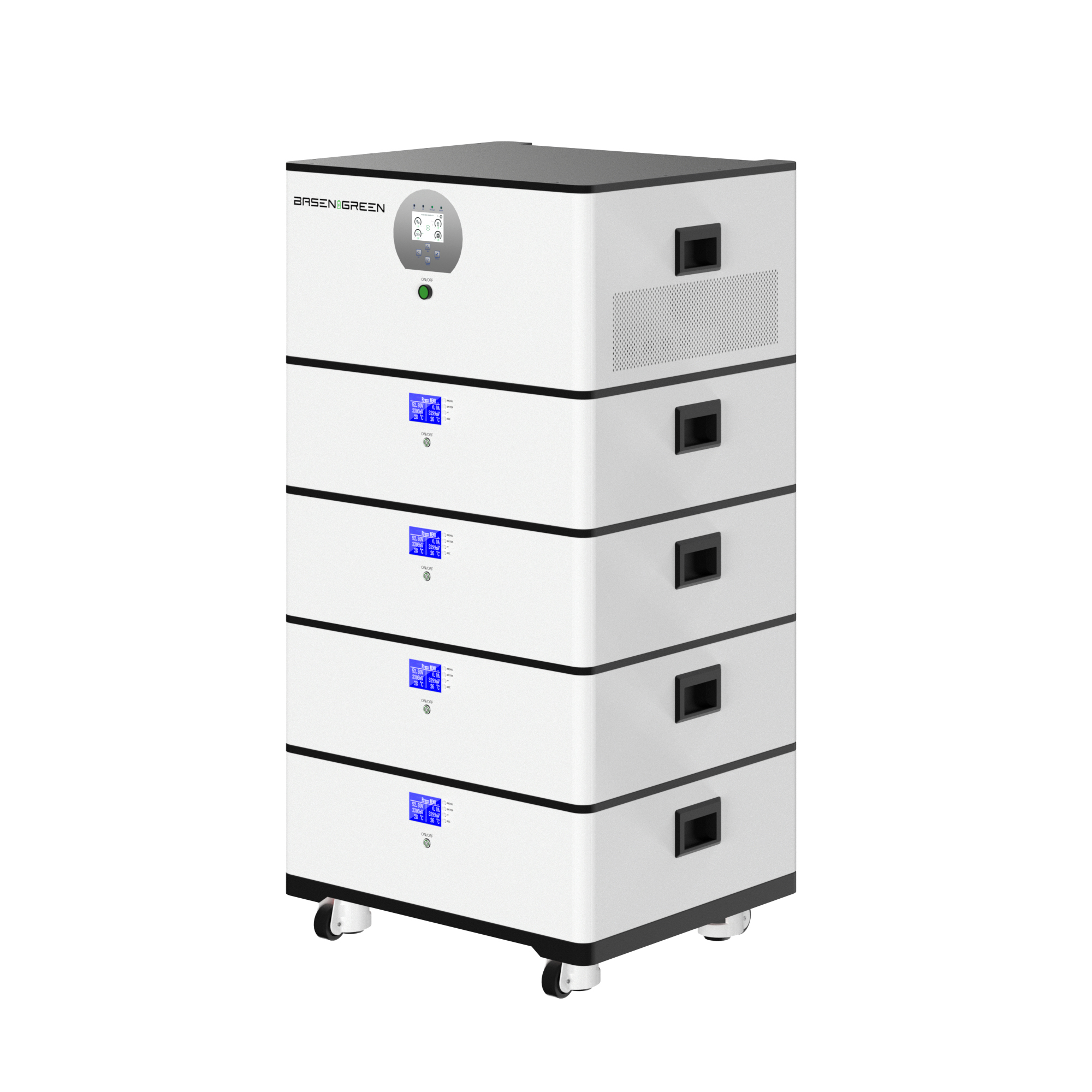



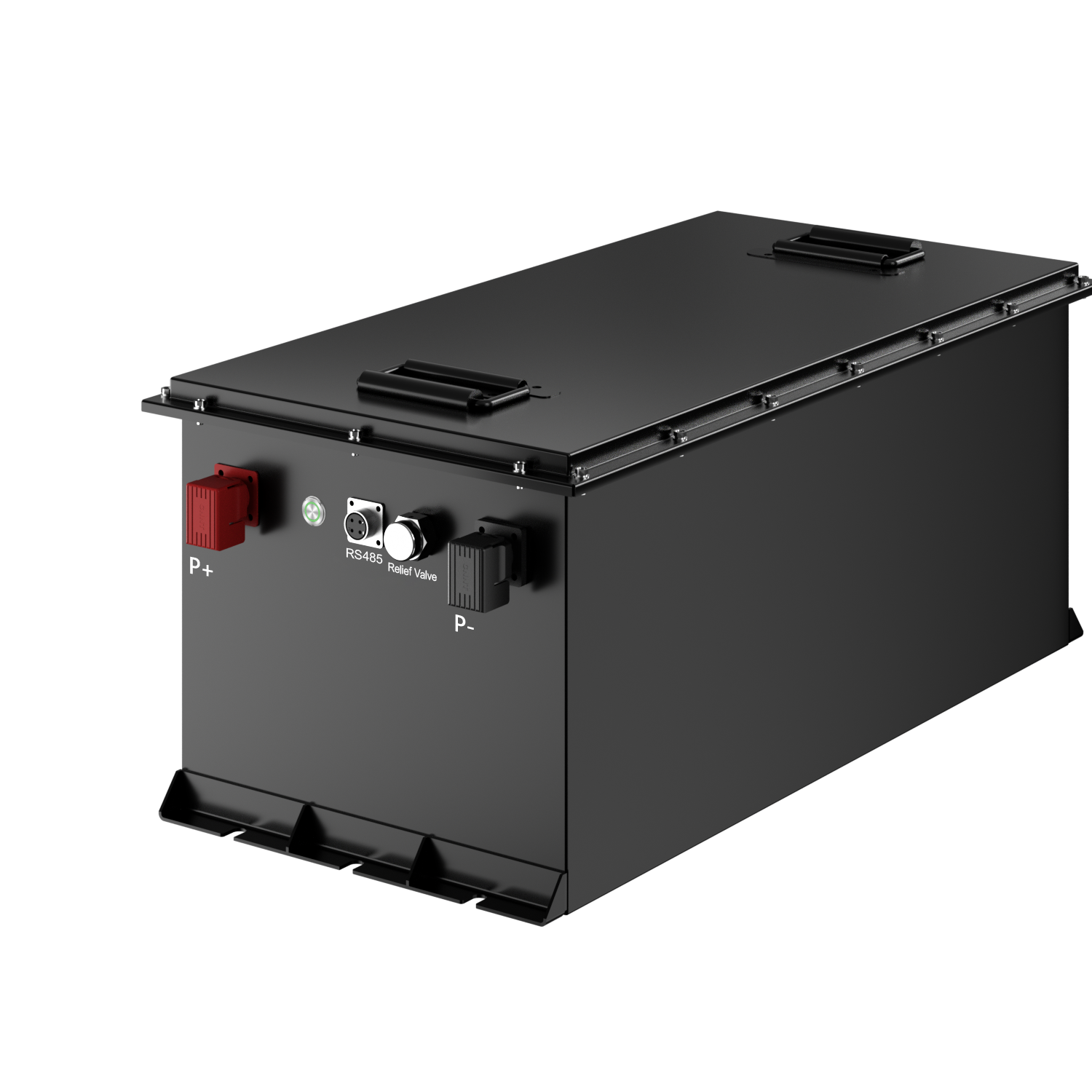
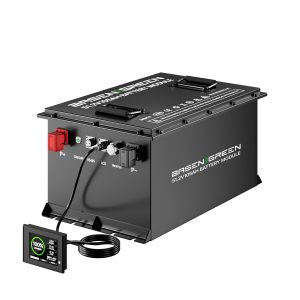
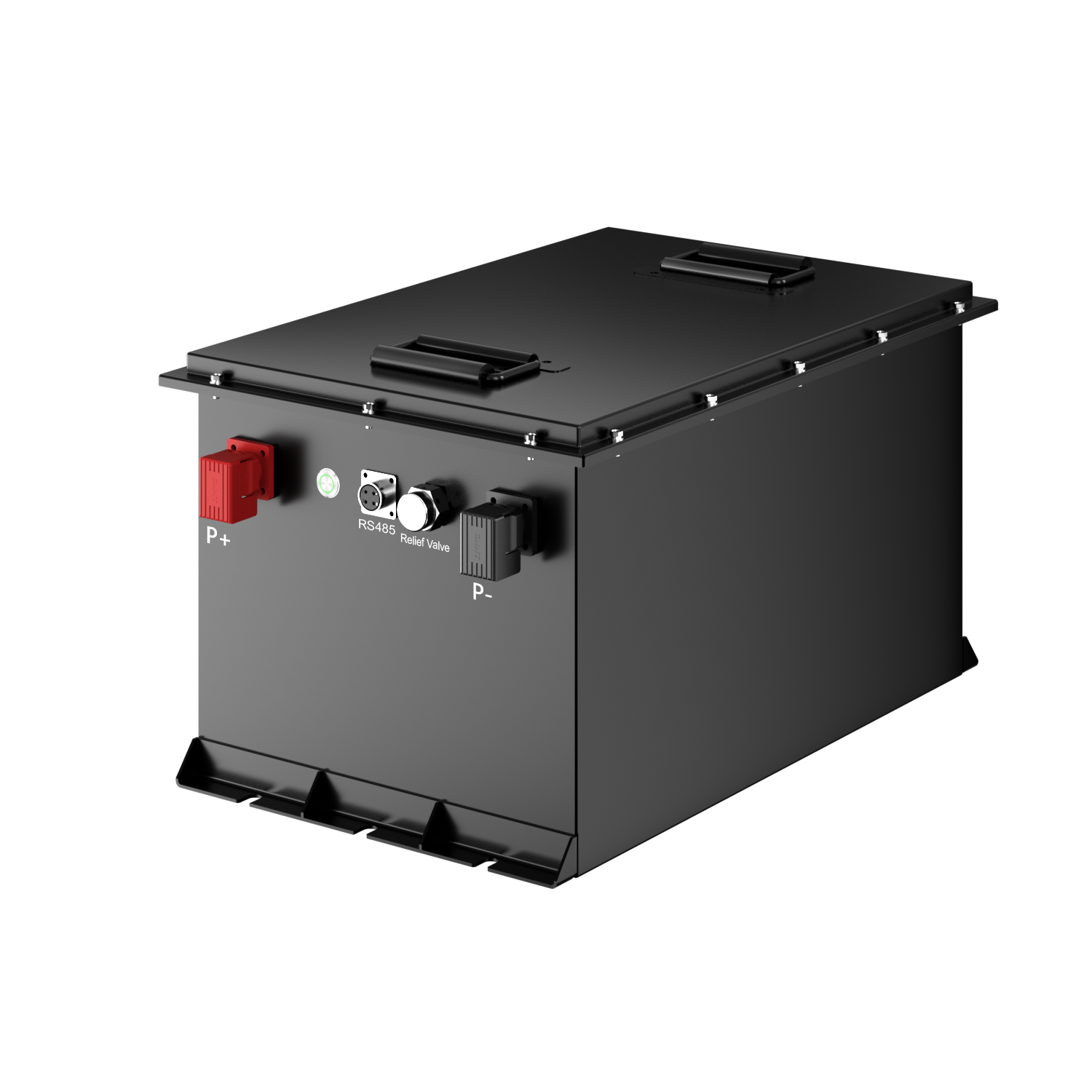

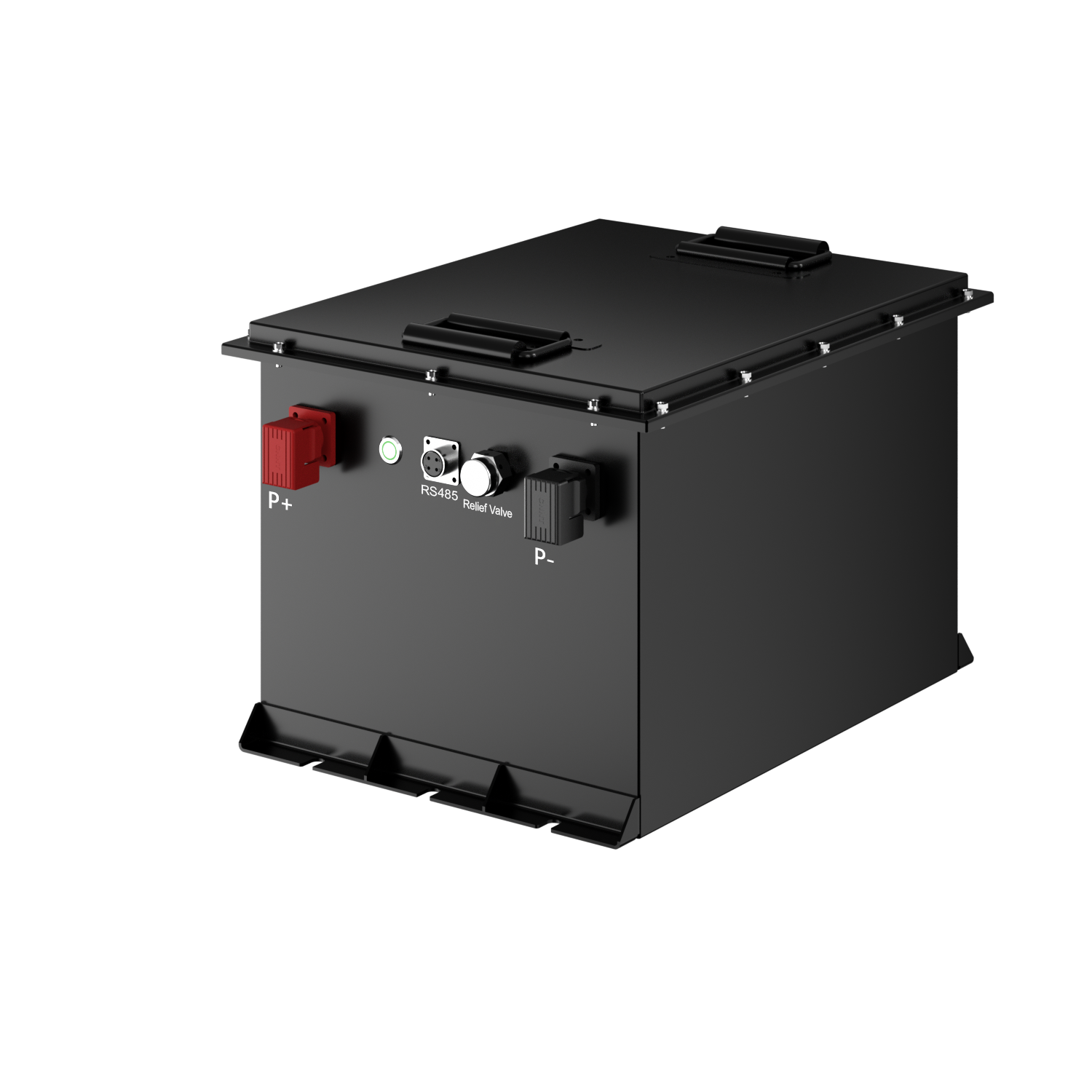
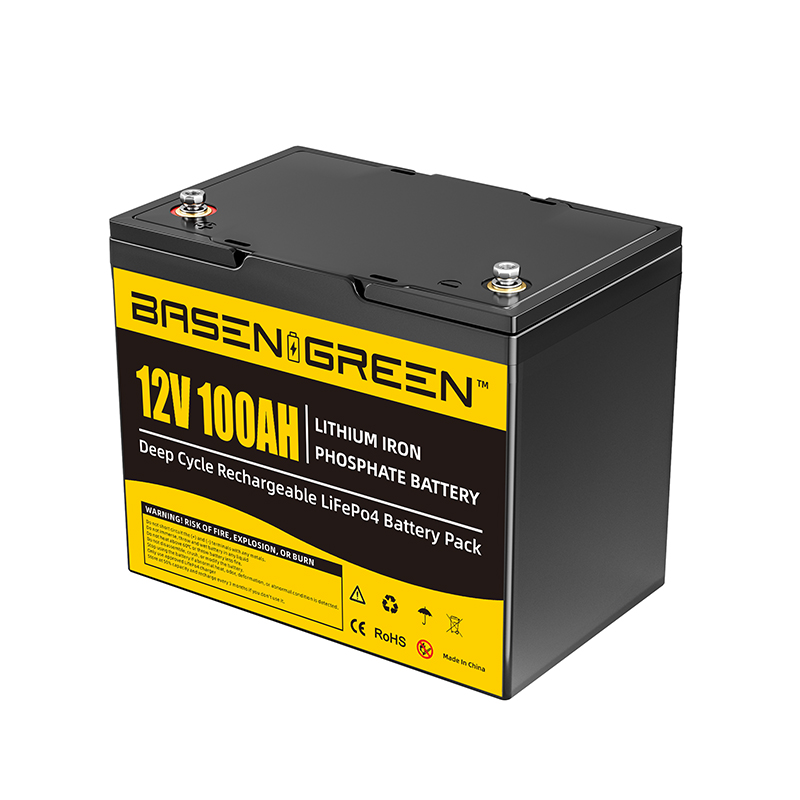


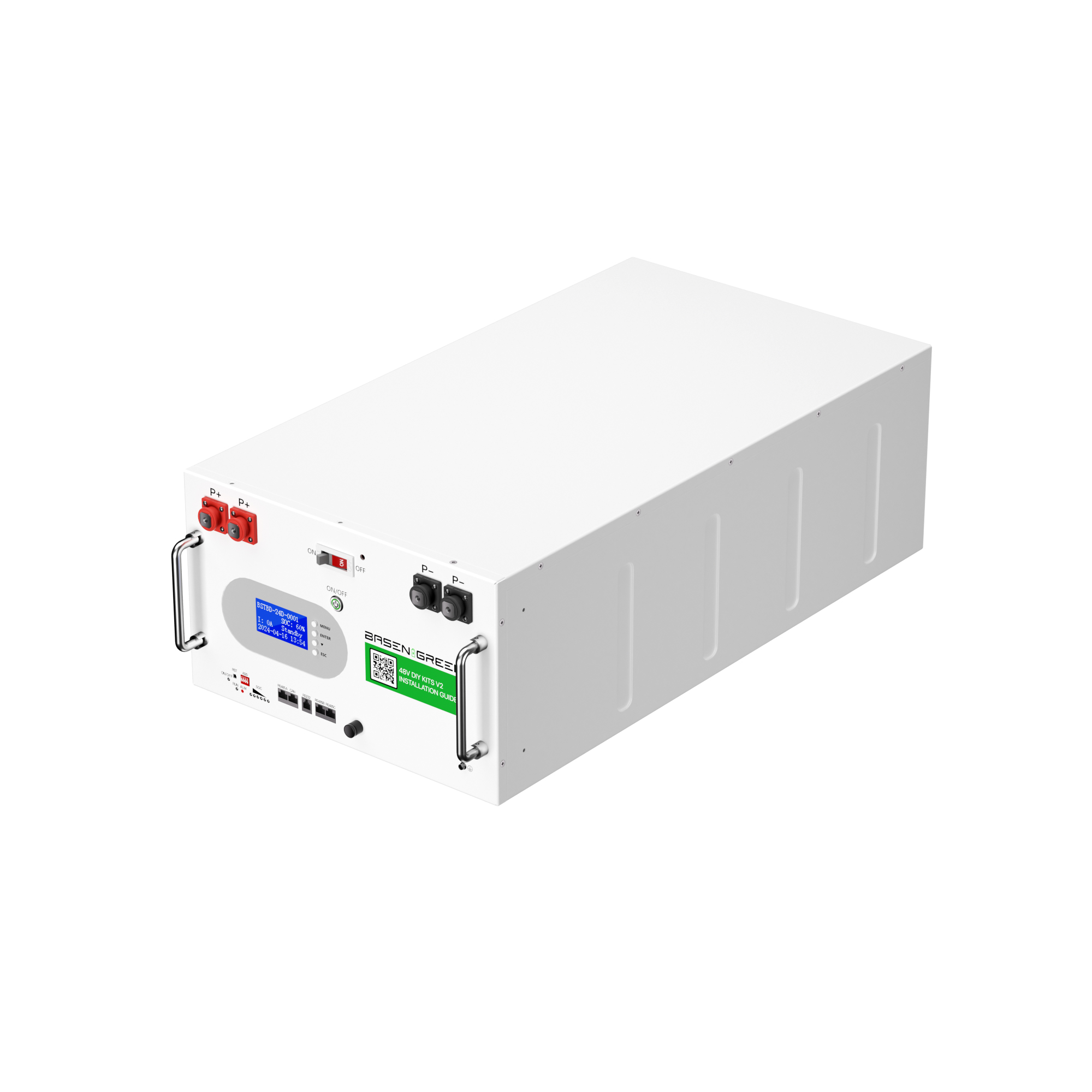
.png)